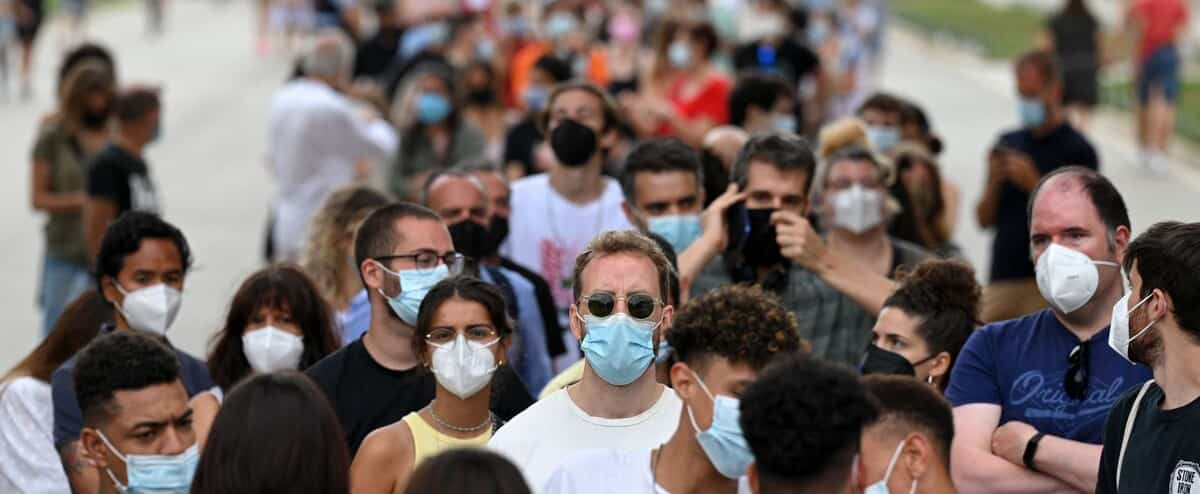Madrid | The Spanish government decided, on Wednesday, to reduce the period of quarantine for people infected with the Covid-19 virus to seven days, compared to ten days previously, while the infection record, as elsewhere, raises fears of destabilizing the economy.
• Read also: COVID-19: Omicron, ‘extremely high’ risk according to WHO
• Read also: Two years later, expats from Quebec will finally celebrate Christmas with their families
• Read also: Spanish justice authorizes curfew in Catalonia
This measure aims to strike a balance between “public health” and “economic growth,” Spanish Prime Minister Pedro Sanchez told reporters, before the Health Ministry formally made the decision in a statement.
This measure was also justified by noting a “lower incubation period for this variant (Omicron) compared to the others,” Health Minister Carolina Daria explained.
This reduction in the isolation period only concerns people who are asymptomatic on the seventh day, as she explained Wednesday evening to the press.
Spain, which is facing the whole world with the increase of the Omicron variable, thus joins the growing list of countries to reduce the duration of quarantine for infected people, such as Argentina on Wednesday and after the United States on Monday and England. birthday.
The Spanish authorities had already recommended on December 21 not to impose a quarantine on fully vaccinated people who had close contact with people infected with the Omicron variant, but simply to limit their contact.
On the other hand, unvaccinated contact cases must always observe quarantine, and on Wednesdays it is also reduced from 10 to 7 days.
Also with the aim of limiting downtime, the municipality of Madrid has decided that some of its officials can work despite testing positive if their viral load, and thus infection, is low enough.
Spain broke its own record on Wednesday with 100,760 cases recorded within 24 hours. The previous wave of daily records was in mid-January and was nearly 40,000 cases within 24 hours.
On Wednesday, the country recorded 1508 cases of infection per 100,000 residents in 14 days, and 915 cases over 7 days.
Argentina decided on Wednesday to reduce the quarantine from 10 to 7 days for people with a full vaccination schedule, and to five days for cases of contact without symptoms, but who have been vaccinated.
In the United States, the duration of isolation was reduced on Monday from ten to five days for asymptomatic people and from 14 to five for non-immunized contact cases.
Shortly before Christmas, the British government also reduced the isolation period in England from ten to seven days for vaccinated people who have contracted the virus.
In France, new isolation rules for patients and their contacts must be in place by the end of the week.
to see also

“Extreme twitteraholic. Passionate travel nerd. Hardcore zombie trailblazer. Web fanatic. Evil bacon geek.”


